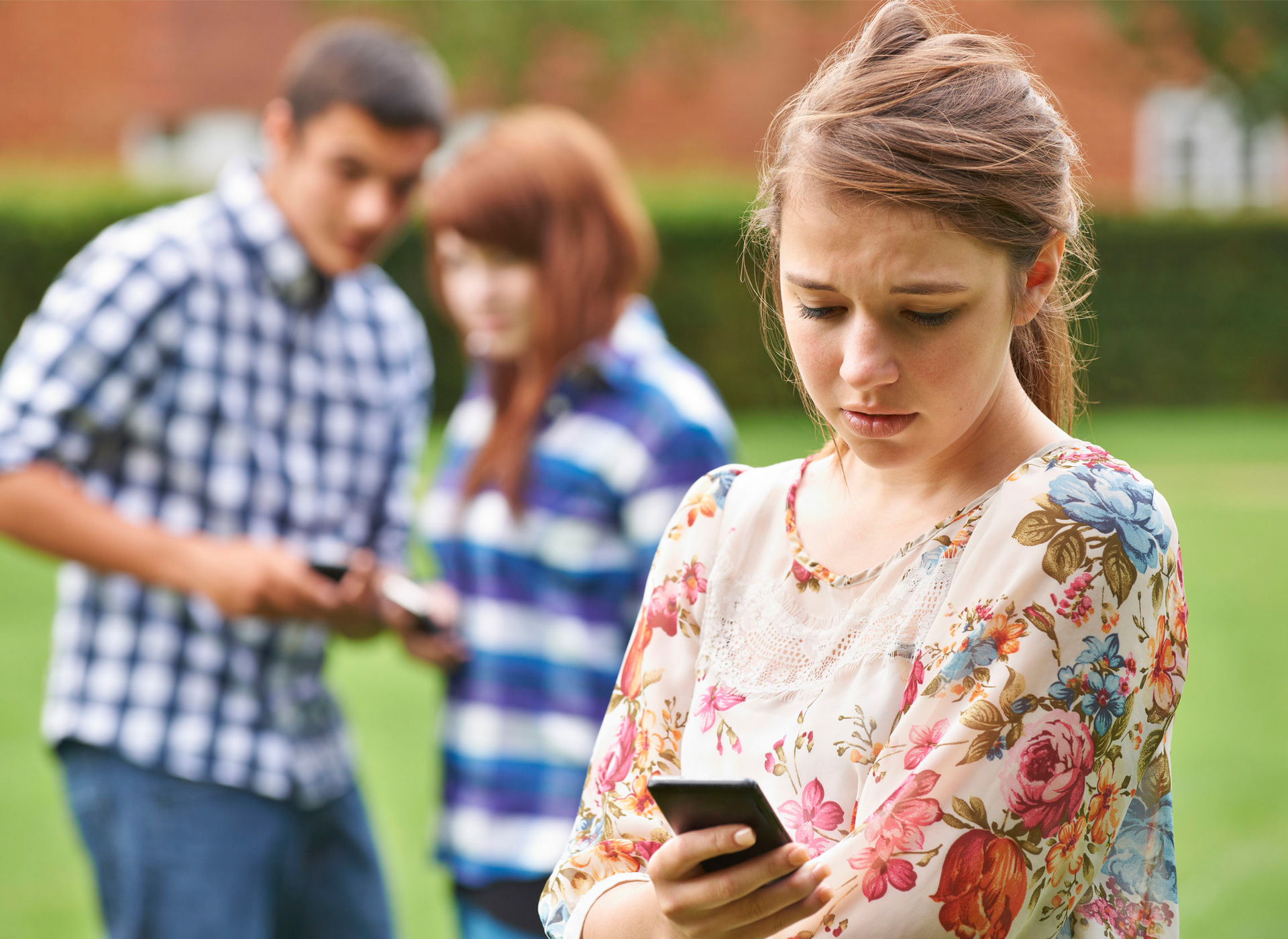How I Work to Keep Kids Safe Online
We asked some of our most loyal supporters how they work to keep kids safe… here’s what Kelly, an elementary school Principal said.
-------------------------
As an elementary school Principal and mother of two (ages 14 and 11), I see both the benefits and dangers of technology on a daily basis. While 24-hour access to information affords our children the ability to gain facts and knowledge with a few simple swipes of their phones, they may also encounter dangerous content, people, and situations through the internet, social media sites, music, videos, YouTube, and other apps. Students display technological skillsets unlike any we’ve seen before, circumventing time limits, firewalls and filters with ease.
This effortless navigation also exposes them to potentially damaging content, which threatens to strip our children of their innocence while requiring them to process information that they are not yet mature enough to tackle and it puts our children at risk of becoming easy targets for online predators. In order to protect our children from these unseen dangers, it is imperative that we as educators and parents equip our children with both knowledge and tools to combat these dangers.
Both at work and at home, I am tasked with helping children navigate online platforms. Classroom teachers, guidance counselors, and social workers present lessons focusing on student privacy, online predators, grooming, and student self-empowerment. Students are taught to not give out their personal information and not accept friend requests from people they don’t know. They are taught how to trust their instincts when it comes to situations that don’t feel right to them and/or people who work to enlist their friendship. It is vital for students to have a clear understanding of the real dangers they may encounter online and know what to do if they find themselves in a questionable situation. We teach students to report to a safe adult in school and at home. We make sure that students understand that they will not be in trouble for reporting as it is this act that will ensure their personal safety.
With my own children I work to know exactly who they are talking with online. Together we go through their friend lists on various apps and text messages. I talk to my girls about the dangers of predators who work to gain their trust by posing as their peers. I talk extensively about not allowing their locations to be accessed by friends or the public and the potential dangers that accompany allowing others to know their locations at any given time. As a parent, I have even utilized parental blocks for specific online content and limited the amount of time my children are able to access technology.
Whether it be school assigned iPad/laptops, personal cell phones, or in-home devices, children have never before had such direct and constant access to technology as they do currently. These avenues can lead to great knowledge, the ability to communicate directly with trusted individuals, and various opportunities to enrich their lives. Conversely, our children are now forced to judge potential risks, face cybercriminals, and distinguish between inappropriate contacts and safe, positive connections. They must develop skills to manage the addictive nature of immediate responses and the constant need to be accepted by peers through various media platforms. They must learn to set boundaries and know that they do not have to be available at all times. It is an extremely difficult road to travel. As educators and parents, we must remain vigilant and proactive, and endeavor to stay ahead of the curve (or at least not far behind), while always keeping our children safe.
Kelly K. Murdoch, M.A.
Building Principal and proud mom
----------------------------
